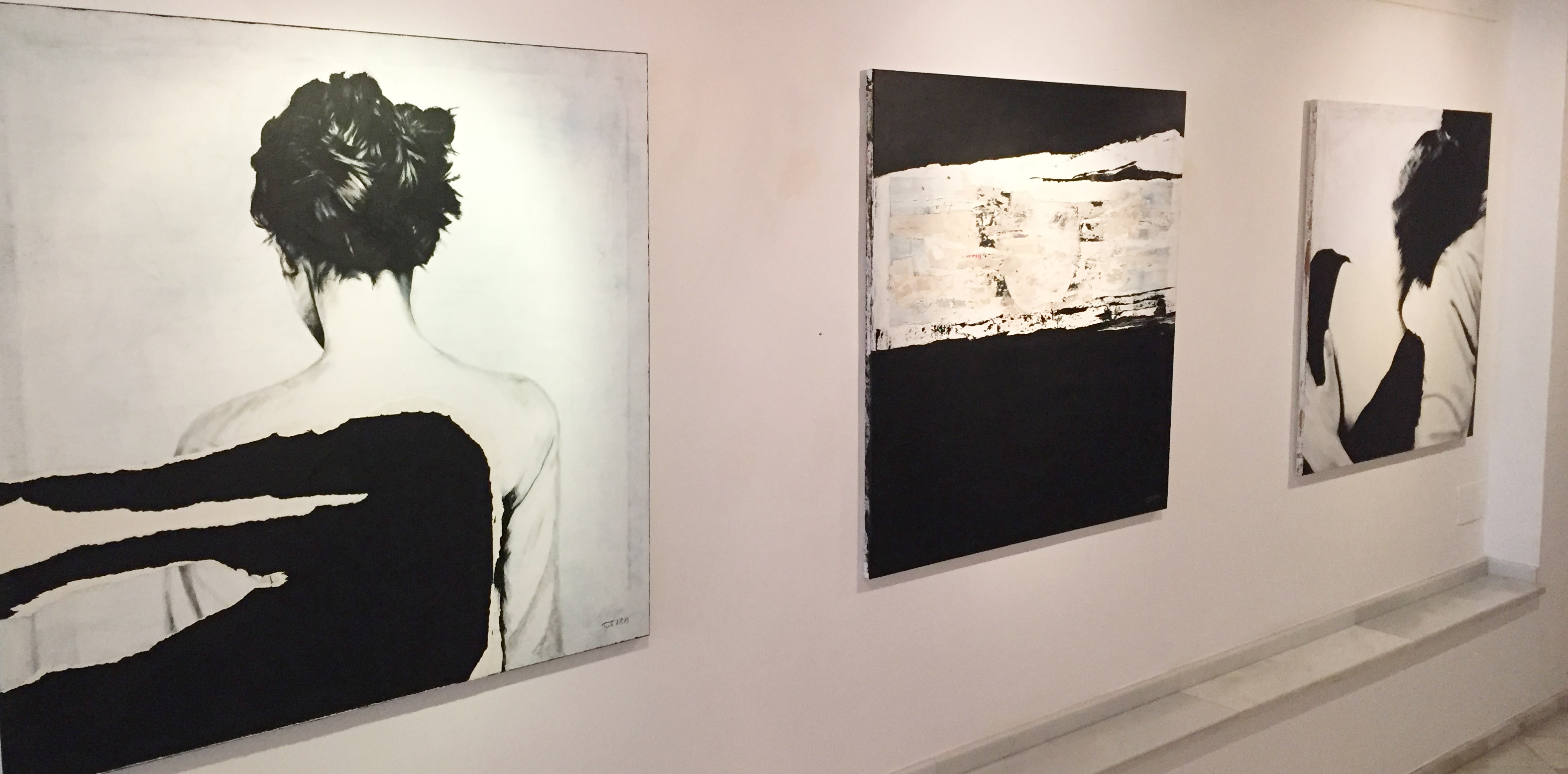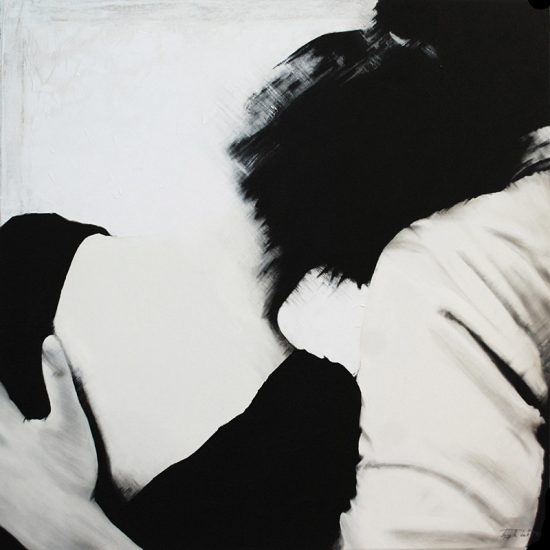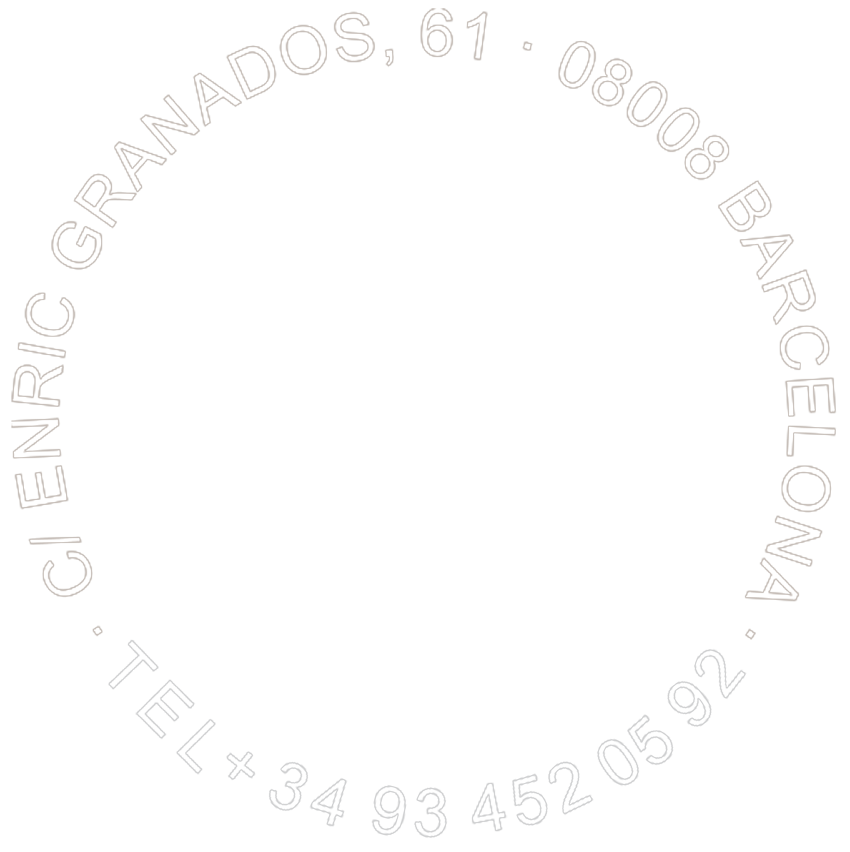
BRIGITTA BOTH. CONNECTION
CURRENT EXHIBITION
from July 11 to October 4
 Both experts in neuroscience, as psychologists and philosophers, agree in emphasizing the importance of emotional relationships to achieve happiness (or what we might call a balanced life). Not only do we need to communicate with others, it is also fundamental for the healthy formation of the individual and his cognitive development to give and receive affection. We can verify it from personal experiences, paying special attention to our emotions, listening to us and identifying what makes us feel good, in front of what makes us harm. Is at this level of knowledge, derived from personal experience and self-observation (which can also be a basis of thought, as Montaigne has already shown) where the Hungarian artist Brigitta Both devolops her work. From her personal experience derived from emigration, she lived firsthand how the connection with other human beings was what best helped her to overcome the difficult moments of isolation and exclusion as a foreigner in Oxford, where she arrived in 2008 from Budapest.
Both experts in neuroscience, as psychologists and philosophers, agree in emphasizing the importance of emotional relationships to achieve happiness (or what we might call a balanced life). Not only do we need to communicate with others, it is also fundamental for the healthy formation of the individual and his cognitive development to give and receive affection. We can verify it from personal experiences, paying special attention to our emotions, listening to us and identifying what makes us feel good, in front of what makes us harm. Is at this level of knowledge, derived from personal experience and self-observation (which can also be a basis of thought, as Montaigne has already shown) where the Hungarian artist Brigitta Both devolops her work. From her personal experience derived from emigration, she lived firsthand how the connection with other human beings was what best helped her to overcome the difficult moments of isolation and exclusion as a foreigner in Oxford, where she arrived in 2008 from Budapest.
After receiving the XV BBVA Painting Prize “Ricard Camí” and showing in the Terrassa Cultural Center his exhibition “Monocrom”, arrives at N2 with Connection / Connection. Continuing with the exclusive use of white and black in her canvases, Brigitta Both works on human relationships, in particular the connections we experience with other people and how we can find in the others consolation, company and well-being.
Miriam Reyes | N2 Galería
Inspired by black and white photography, Brigitta Both paints in a minimalist, monochrome style. She has discovered monochrome painting as a simple yet powerful way to express the beauty of infinite shades of human emotions. Noticeably, there is a recurrent tension between her blacks and her whites. Her whites are usually very bright and her blacks are very dark -white representing purity and harmony contrasting with black representing drama, disturbance and disharmony.
Moving abroad and starting a new life in a different culture can lead one to question one’s identity. Having gone through that herself, Brigitta picks subjects such as dealing with loneliness and rejection as experienced from a woman’s perspective. She repeatedly suggests a possible solution:finding comfort and security in another person.
Dr. Márton Münz

